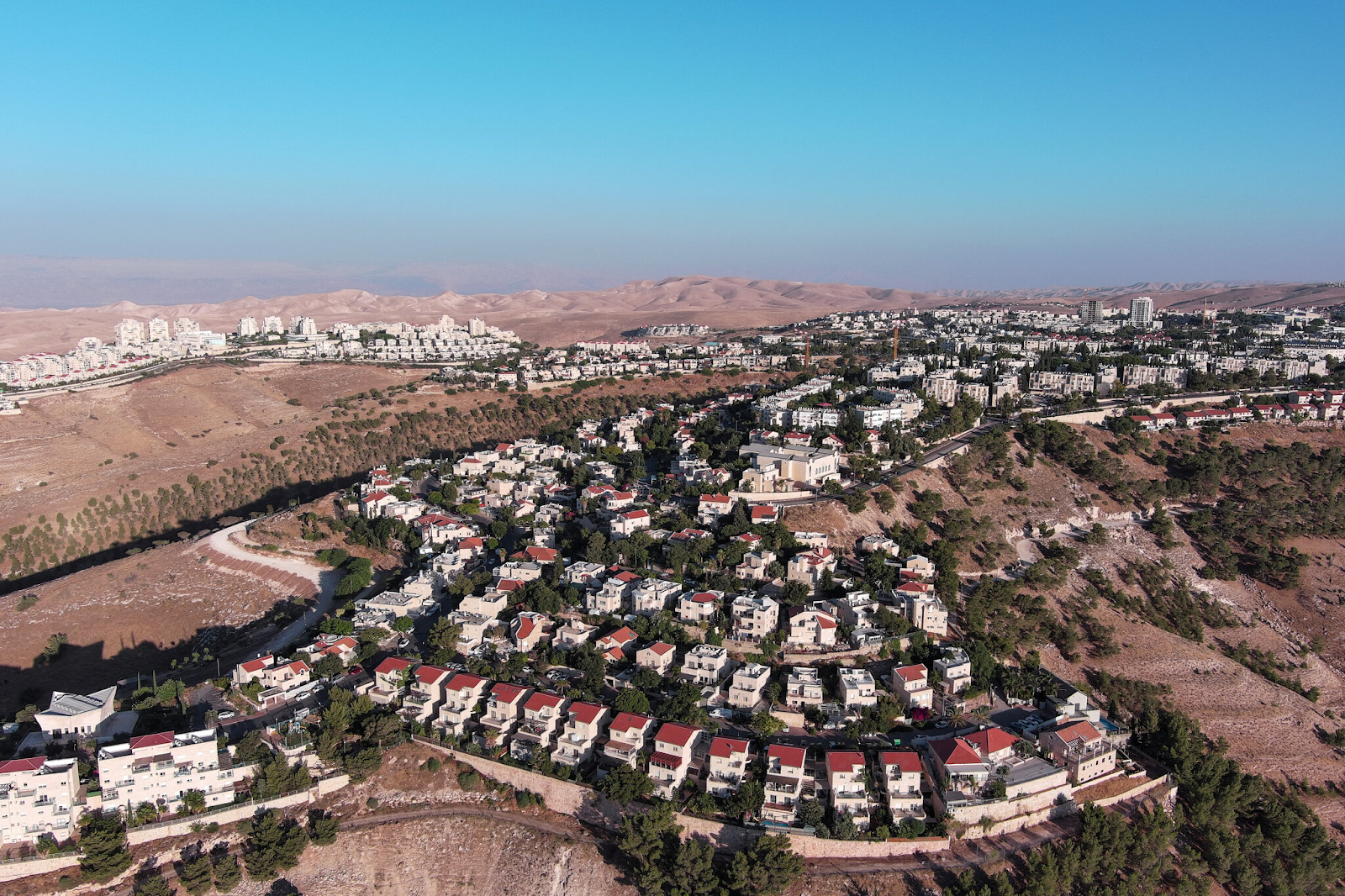Angry Arab crowds soon massed in Jerusalem denouncing the Balfour Declaration and demanding the self-determination that had been promised by Britain and France in 1918. Having made conflicting promises, Britain now had to face up to their consequences. She had created a contradiction. Just unworkable this situation was, it took her 30 years to accept. Both communities, Jews and Arabs, believed they had been promised land.
As the Zionists swiftly began to implement their objectives, the Arabs were the first to conclude they had been deceived. Riots broke out in 1920. In 1921, there was even greater violence as Arabs attacked Jews and the British tried to regain order. After a period of relative calm, mutual suspicion between the Arab and Jewish communities flared up again in 1929 and rapidly escalated into mob violence with horrific consequences. 133 Jews and 116 Arabs were killed.
Britain's response was slow and inadequate. Calm was finally restored by a show of British force. Meanwhile, the Jewish community was forging ahead under the umbrella of the British Mandate, securing major economic concessions and establishing its own elected assembly and institutions of government. The Arab majority, on the other hand, felt left behind economically and politically. To be granted democratic representation they were effectively required to accept the Balfour Declaration. But the Arabs rejected this fearing that a Jewish national home would lead to the creation of a Jewish state in their land. For their part the British feared that an elected Arab majority would oppose Jewish demands for land and immigration. And so they held back the democratic progress they were supposed to foster under the Mandate. Britain was upholding the first part of the Declaration, to establish a home for the Jewish people, but the second undertaking in the Declaration, to protect the rights of the Arab population, proved to be hollow.
Arab alarm grew still further in the 1930s when increasing numbers of Jews sought sanctuary in Palestine as the specter of antisemitism grew in Nazi Germany. As more and more land passed into Jewish hands, the sense of Arab disposession grew. By May 1936, Palestine was in open rebellion and it was not just Jewish communities who were being attacked. It was the British, too.
Increasingly losing control, the British authorities resorted to ruthless methods to put down the revolt including hangings, house demolitions and the use of civilians as human shields. For a period, British and Jewish men fought jointly in a counter-insurgency force known as the
Special Night Squads. By 1939, the rebellion was suppressed, leaving the Palestinian leadership weakened for years to come.
To try to address the underlying deadlock between Arabs and Jews, London had responded with a succession of inquiries and commissions through the 1930s. Their dilemma was that any attempt to placate one community would provoke the anger of the other. At a loss for a solution, the Peel Commission of 1937 proposed to partition Jews and Arabs into two states. But Arab opinion, led by the [inaudible] anti-Zionist Grand Mufti of Jerusalem, Amin al-Husseini, denounced any idea of conceding territory to Jews as "unthinkable."
However, as Europe slid towards war the British government changed course. A government white paper of 1939 abandoned partition and proposed that in ten years Palestine would become independent, representatively governed by Arabs and Jews. Controls were now put in place over how many Jews could immigrate to Palestine and how much land could pass into Jewish hands. For the first time Arabs were to be given a say over Jewish immigration.
The reason Neville Chamberlain's government swung in favor of Arab opinion at this point was the prospect of war. London feared that in a global conflict the Arab world might turn against Britain while the support of Jews would be guaranteed in view of their persecution by the Nazis.
Jewish opinion immediately condemned the white paper as an act of British betrayal and retreat from the Balfour Declaration. There was fury that Jewish people would restricted from finding sanctuary at their hour of greatest need. Nevertheless, Britain upheld the limits on Jewish immigration into Palestine right through the war. As refugees fleeing the Holocaust were arrested trying to enter Palestine, [inaudible] even sent back to Germany, in the case of the Exodus [in 1947].
The Jewish community turned against Britain and the Mandate. Sections of Jewish opinion became increasingly militant and violent, and Britain suffered heavy losses from terrorist attrocities. In February 1947, Foreign Secretary Ernest Bevin stated that Britain was referring responsibility for the Palestinian problem to the United Nations. By September, as the situation continued to worse, Britain announced that she would terminate her Mandate for Palestine in May 1948.
The U.N. solution to the Palestine problem was partition. But this was again rejected by the Arabs. As British forces beat an ungainly retreat and the mandate came to an end, partition was abandoned, leading Jews and Arabs to an undeclared war for domination.
On the 14th of May, 1948, Israel declared itself a state and was immediately recognized by America. The events of this time are known to some as the War of Independence and to others as the Nakba, or the catastrophe when about 60% of the Palestinian population became refugees as they fled or were expelled. Today's conflict between Israelis and Palestinians had begun.


















